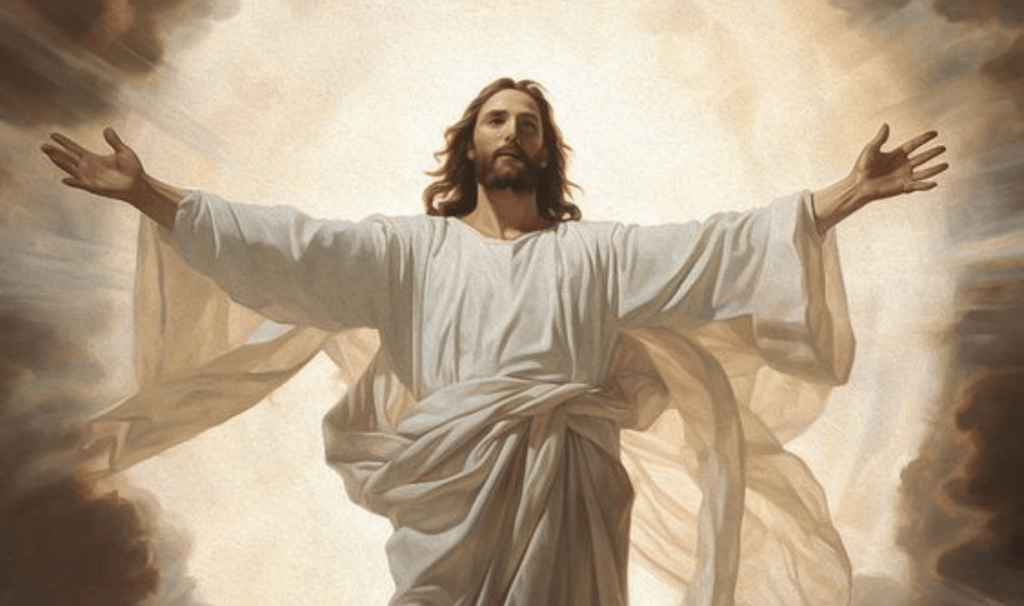Beyond Forgiveness: What Does Jesus’ Radical Forgiveness Really Ask of Us?
Dive deeper into the true meaning of forgiveness. This blog explores Jesus' radical teachings on forgiveness and challenges us to embrace a path of healing, freedom, and love. Discover how to move beyond superficial pardon and embrace the transformative power of true forgiveness.
BIBLE INSIGHTS


Forgiveness. It’s a word thrown around a lot, often touted as the ultimate solution to pain and conflict. But what does it truly mean to forgive, especially in light of Jesus’ radical teachings? His words and actions challenge us to go beyond a superficial understanding of forgiveness and grapple with its deeper, more profound implications.
The Weight of Wrongdoing
The human experience is no stranger to hurt. We’ve all been wronged, betrayed, or treated unjustly. These wounds can fester, leaving us bitter, angry, and vengeful. It’s natural to crave justice, to want the perpetrator to feel the same pain they inflicted. This desire for retribution, however understandable, can trap us in a cycle of negativity.
Jesus’ Unconditional Pardon
Jesus, however, offers a radically different perspective. In the face of immense suffering, even while nailed to the cross, he utters the astonishing words, "Father, forgive them; for they know not what they do” (Luke 23:34, KJV). This act of forgiveness wasn’t contingent on repentance or remorse; it was a free and unconditional gift.


Source: Google Image
Jesus emphasizes this radical forgiveness throughout his ministry. In the parable of the unmerciful servant (Matthew 18:21-35), he illustrates the stark contrast between God's boundless forgiveness and our often-limited capacity to extend the same grace to others. He tells us that just as we have been forgiven an immeasurable debt, so too are we called to forgive “seventy times seven” (Matthew 18:22, KJV).
Forgiveness: A Choice, Not a Feeling
Forgiveness, as modeled by Jesus, isn’t about dismissing or minimizing the wrong. It’s not about pretending the hurt didn’t happen or suddenly feeling warm and fuzzy towards the offender. True forgiveness is a conscious choice, a deliberate act of releasing the grip of anger and bitterness. It’s a decision to break the cycle of pain and choose a path of healing.
This doesn't mean condoning the wrong or allowing ourselves to be continually hurt. Setting healthy boundaries and seeking justice when necessary are not mutually exclusive with forgiveness. Forgiveness is an internal shift, a release of the desire for revenge or retribution, allowing us to move forward without being consumed by the past.


Source: Google Image
The Freedom of Forgiveness
Choosing to forgive doesn’t mean our pain magically disappears. It does, however, loosen its hold on us. It opens the door to healing and allows us to experience true freedom – freedom from the shackles of bitterness and resentment. As Jesus teaches, "For if ye forgive men their trespasses, your heavenly Father will also forgive you: But if ye forgive not men their trespasses, neither will your Father forgive your trespasses” (Matthew 6:14-15, KJV).
Love's Imperative
Jesus' radical forgiveness calls us to a higher standard – a love that mirrors God's own boundless grace. In Ephesians 4:32, we are urged to be “kind one to another, tenderhearted, forgiving one another, even as God in Christ forgave you" (KJV).


This doesn’t mean we become doormats, allowing others to walk all over us. It means we choose to engage with the world through the lens of compassion, understanding that everyone is fighting their own battles and making mistakes. It means offering grace even when it’s difficult, recognizing that we ourselves are recipients of immeasurable grace.
Embracing the Challenge
Jesus' radical forgiveness is a challenging concept, one that requires deep introspection and a willingness to confront our own capacity for anger and resentment. It’s a journey, not a destination, and one we are all called to embark upon. As we strive to live out this radical forgiveness, we begin to reflect the very heart of God – a God of mercy, compassion, and boundless love.
